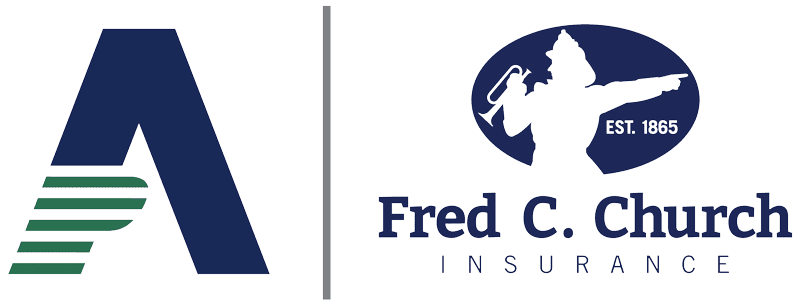November 2023 Employee Benefits Compliance Alert
Release Date: November 2, 2023
Employers Who Sponsor a Health Insurance Plan Need to Appreciate the New Gag Clause Attestation Compliance Requirement.
Deadline: December 31, 2023.
Q: What is the Gag Clause Attestation requirement?
A: The requirement became law with the passage of the Consolidated Appropriations Act in 2021 to ensure the free access to health plan information by prohibiting contracts, or specific provisions within contracts, between employer-sponsored health plans, insurers, and healthcare providers (hospitals, doctors, etc.). Specifically, the requirement prohibits agreements with healthcare providers or insurers that directly or indirectly bar the release of certain information, such as provider-specific cost, de-identified claim data, and quality information that the employer-sponsored plan may wish to access for itself or make available to another party. An employer-sponsored health plan must file an attestation with the federal government by December 31, 2023.
Q: How does the prohibition of a gag clause help my employer-sponsored health plan?
A: The hope is that employer-sponsored health plans will become better informed regarding the performance of their health plans if they can more readily access and compare healthcare provider costs, de-identified claim data, and quality data. By becoming better informed, employer-sponsored health plans can be in a better position to shop for alternative insurance, a new Third Party Administrator (TPA) if the plan is self-funded, or demand changes to the cost and quality components associated with its current health plan.
Q: Are there certain plans that do not have to file an attestation?
A: Yes. Account-based plans that do not have to file an attestation, include:
- Health Reimbursement Arrangements (HRAs), including individual coverage HRAs;
- Issuers and group health plans that offer only excepted benefits coverage, including, but not limited to, hospital indemnity or other fixed indemnity insurance such as disease-specific insurance;
- Dental, vision, and long-term care insurance;
- Accident-only, disability, and workers’ compensation;
- Issuers that offer only short-term, limited-duration insurance.
Q: What is an attestation?
A: It is an electronic submission to the federal government.
Q: If my health plan is fully insured, can the health insurer file the attestation on my behalf?
A: Yes. A health insurer can, but is not required to, attest on its own behalf as well as on behalf of its fully insured clients. You should confirm with your health insurer whether they will or will not submit the attestation.
For example, United Healthcare has announced that it will provide attestation on behalf of its fully insured clients to the HHS (Health and Human Services) portal by December 2023 and annually after that.
Q: If my health plan is self-funded, can the health insurer file the attestation of my behalf?
A: Yes. A health plan that contracts with a TPA to enter into provider agreements on its behalf may have that TPA file on its behalf. You should confirm with your TPA whether they will or will not submit the attestation.
Q: If my health insurance company or TPA will not do the attestation filing on my behalf, what will they do to assist me?
A: Several health insurers and TPAs have been notifying their clients that they are in compliance with the prohibition to allow the client to complete the attestation online. For example, United Healthcare has announced for their self-funded and level-funded clients that they will provide a confirmation of compliance to their clients in Q3, which the self-funded customer may use to attest on the HHS portal.
Q: What do I have to do if neither my health insurer nor the TPA for my self-funded health plan will file the attestation?
A: You have to do the filing or hire a vendor to do it on your behalf.
Q: How is the attestation filed?
A: You file electronically by going to the CMS website identified in the Frequently Asked Questions link below. It should take no more than 10–15 minutes.
A guide to electronic submission, including examples, is found here:
Cms.gov – Gag Clause Prohibition Compliance Attestation Instructions
When you log onto the attestation submission site, you will be sent a security code via email to allow you to complete the login process. You will be required to enter your email address and identity, basic information about the name of the employer submitting the attestation, the employer’s federal EIN, and the health plan number, but only if the employer has to submit a 5500 for the health plan, then you will be asked a series of questions about your health plan.
It is recommended that you spend some time reviewing the relevant portions of the Gag Clause Attestation Instructions (see link above) before going online to execute the task.
You can find more information about the Gag Clause Attestation Requirement by clicking on the links below.
Note: This alert constitutes compliance advice from the Fred C. Church Agency as your employee benefits broker and does not establish an attorney-client relationship with the recipient, who is free to consult with legal or tax counsel of their own choosing.



